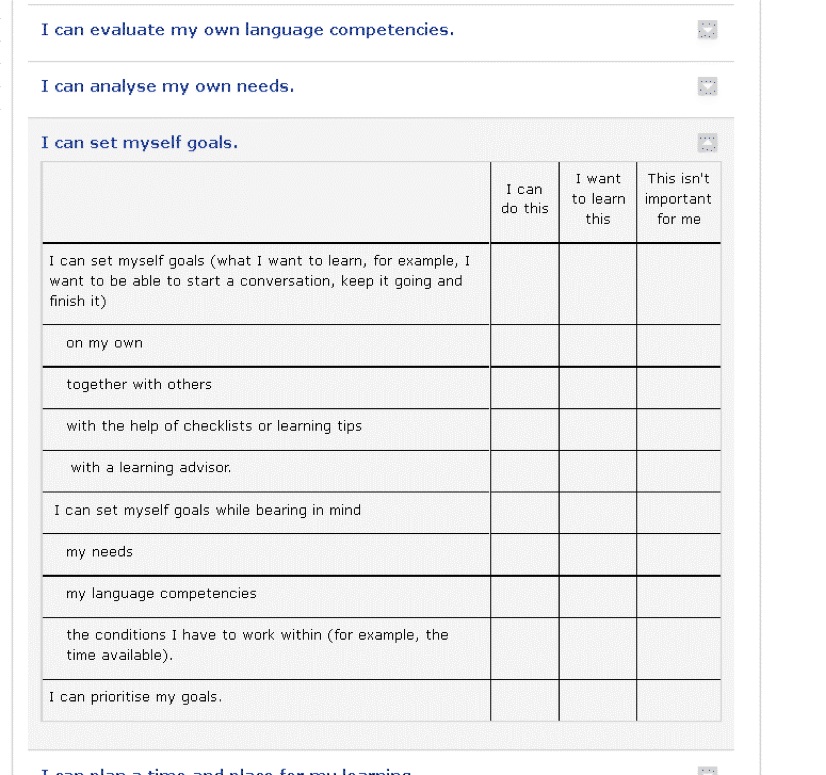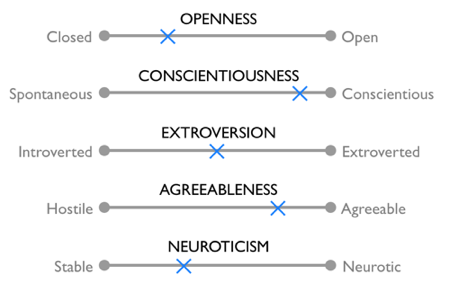Improve Low Motivation — Cognitive Behavioral Therapy Los.
The Social Cognitive Theory Social Cognitive Theory (SCT) started as the Social Learning Theory (SLT) in the 1960s by Albert Bandura. It developed into the SCT in 1986 and posits that learning occurs in a social context with a dynamic and reciprocal interaction of the person, environment, and behavior.
Social cognitive theory predicts that goals can energize and direct motivational outcomes (Bandura, 1986, Bandura, 1997). A goal is a mental representation of what one is attempting to attain; for example, make an A on an exam or beat a certain time in a race.

Social Cognitive Theory in Sport Social cognitive theory (SCT), promulgated by psychologist Albert Bandura, has been used widely to explain health behaviors across different populations. Lifestyle physical activity (PA), resistance training (RT), and sport performance are examples of these types of behavior.

Cognitive psychology is the scientific study of the mind as an information processor. Cognitive psychologists try to build up cognitive models of the information processing that goes on inside people’s minds, including perception, attention, language, memory, thinking, and consciousness. Cognitive psychology became of great importance in the.

Vygotsky, a contemporary of Piaget, argued that social interaction is crucial for cognitive development. According to Vygotsky the child's learning always occurs in a social context in co-operation with someone more skillful (MKO). This social interaction provides language opportunities and language is the foundation of thought.

Humanistic Theory of Motivation. Humanistic theories of motivation are based on the idea that people also have strong cognitive reasons to perform various actions. This is famously illustrated in Abraham Maslow's hierarchy of needs, which presents different motivations at different levels.
CloseupTop.jpg/204px-OpenClosedPanelboardEEUU(GE)CloseupTop.jpg)
This article argues that, as a pedagogical practice, homework plays a critical, long-term role in the development of children's achievement motivation. Homework provides children with time and.

Social cognitive psychology is the perspective in which learning by observing others is the focus of study. Key assumptions of social cognitive perspective are: Learning occurs through observation.

Key Theories, Applications, and Planning Processes Related to Training WIC Staff. Social Cognitive Theory 12.. There is a section for theories, applications, and planning processes. Within each section, topics are listed in the chart alphabetically. The table for each theory, application or planning process consists of three parts.

Social cognitive theory is the view that people learn by watching others. In psychology, it explains personality in terms of how a person thinks about and responds to one's social environment. For example, in the 1960s Albert Bandura (a pioneer in social cognitive theory) argued that when people see someone else awarded for behavior, they tend to behave the same way to attain an award.

Social cognitive theory (SCT) posits that people acquire skills and perform new behaviors by enacting them, being reinforced for performance, and observing others. Behavior is influenced by these direct and observed experiences through the expectations they create, including expectations about the ability to perform the behavior successfully (self-efficacy) and the consequences of the behavior.

Using social cognitive theory as a framework, teachers can work to improve their students’ emotional states and to correct their faulty self-beliefs and habits of thinking (personal factors), improve their academic skills and self-regulatory practices (behavior), and alter the school and classroom structures that may work to undermine student success (environmental factors).

While the behavioral theories of learning suggested that all learning was the result of associations formed by conditioning, reinforcement, and punishment, Bandura's social learning theory proposed that learning can also occur simply by observing the actions of others.



